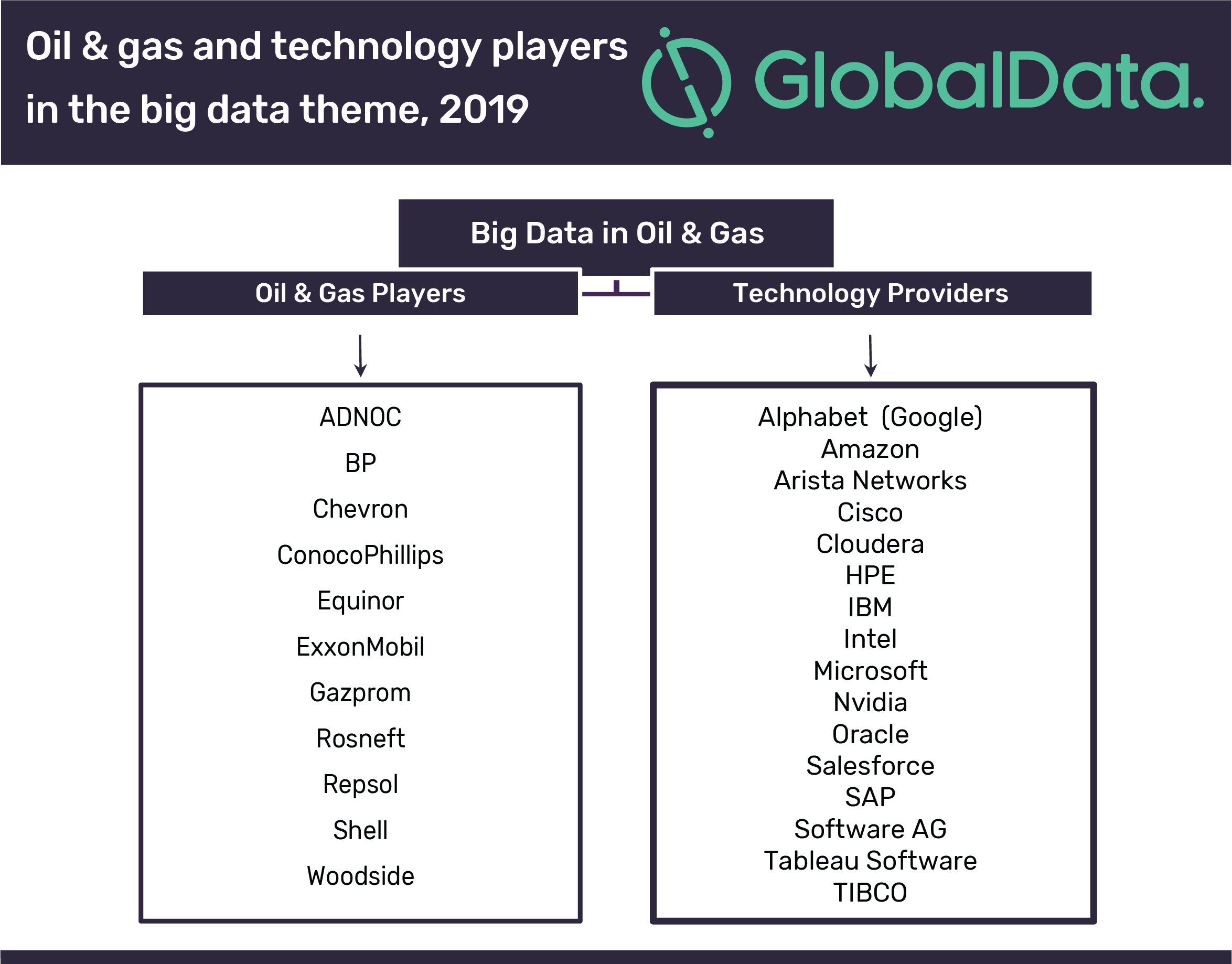 Lagos — Oil and gas assets are increasingly fitted with a multitude of Internet of Things (IoT) sensors, causing exponential growth in data. This, in turn, is increasing the need for adoption of data management solutions for improved operational visibility.
Lagos — Oil and gas assets are increasingly fitted with a multitude of Internet of Things (IoT) sensors, causing exponential growth in data. This, in turn, is increasing the need for adoption of data management solutions for improved operational visibility.
This approach also helps identify bottlenecks in operations and uncover patterns and relationships across diverse entities, says GlobalData, a leading data and analytics company.
GlobalData’s latest thematic report, ‘Big Data in Oil & Gas’, discusses how growing dependence on data from oil and gas operations is compelling the industry to adopt big data solutions.
Ravindra Puranik, Oil and Gas Analyst at GlobalData, comments: “The oil and gas industry has always generated huge volumes of data daily across the value chain. However, despite being awash with money it has been poor at data management. It is only when profits drop that the industry starts to investigate how to use data to improve operational efficiency. However, this laissez-faire approach is less prevalent now. Many players, across the value chain, are taking an enterprise-wide view to data, and applying analytics to improve existing business processes and to develop new revenue streams.”
Data management is a very complex process, particularly given that much of an oil company’s upstream data is created on remote assets and often stored in disparate, disconnected infrastructure. Moreover, there is a paucity of data scientists with a working knowledge of the oil and gas industry.
Puranik continues: “Big data in the oil and gas industry will experience incremental growth once it overcomes these barriers. The growth will be further accelerated by concerns such as falling profit and future uncertainty from renewables.
“The oil and gas industry traditionally relied on paper-based data collection for maintaining records from daily operations. This approach has largely been digitalized now. Effective data management is essential for this approach to succeed so that companies can make better use of their data.”
GlobalData’s thematic research identifies ADNOC, BP, Chevron, ConocoPhillips, Equinor, ExxonMobil, Gazprom, Rosneft, Repsol, Royal Dutch Shell and Woodside as among the major oil and gas players present in the big data theme.
Oilfield service companies, such as Schlumberger and Baker Hughes, as well as tech giants such as Microsoft and Amazon, are developing industry-specific big data solutions to help companies such as BP, Chevron and ExxonMobil in data management tasks. These solutions can be customized for different operational processes and functions as per the requirements of the oil and gas companies.
Puranik concludes: “The industry generates large volumes of data that require considerable time and substantial computing power to store and analyze. This can be done either by investing in data storage facilities of their own or shifting to cloud-based solutions. Companies are adopting a combination of both these approaches to manage their data requirements while also balancing the financial aspects.”



